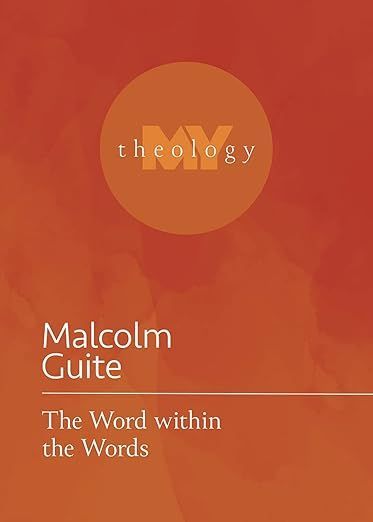The Word within the Words is a Poet's Credo, in which Malcom Guite sets out to show how his Christian faith informs and underpins his poetry and, in turn, how poetry itself and, more widely, the poetic imagination help him understand and interpret his faith. After a brief introduction outlining a theology of Christ as the Word, the essential logos or meaning that underlies all things made flesh for us in Jesus, there are short chapters on Scripture, liturgy, and sacrament, each understood as a kind of poetry capable of transfiguring our vision and transforming our lives. In light of these, the final section of the book reflects on the all-transforming reality of Christ and the Kingdonot only within but well beyond the bounds of the church. The theology in this book is illustrated throughout with personal stories and with poetry, both classics from the cannon and Guite's own poems
In the My Theology series, the world's leading Christian thinkers explain some of the principal tenets of their theological beliefs in concise, pocket-sized books.








